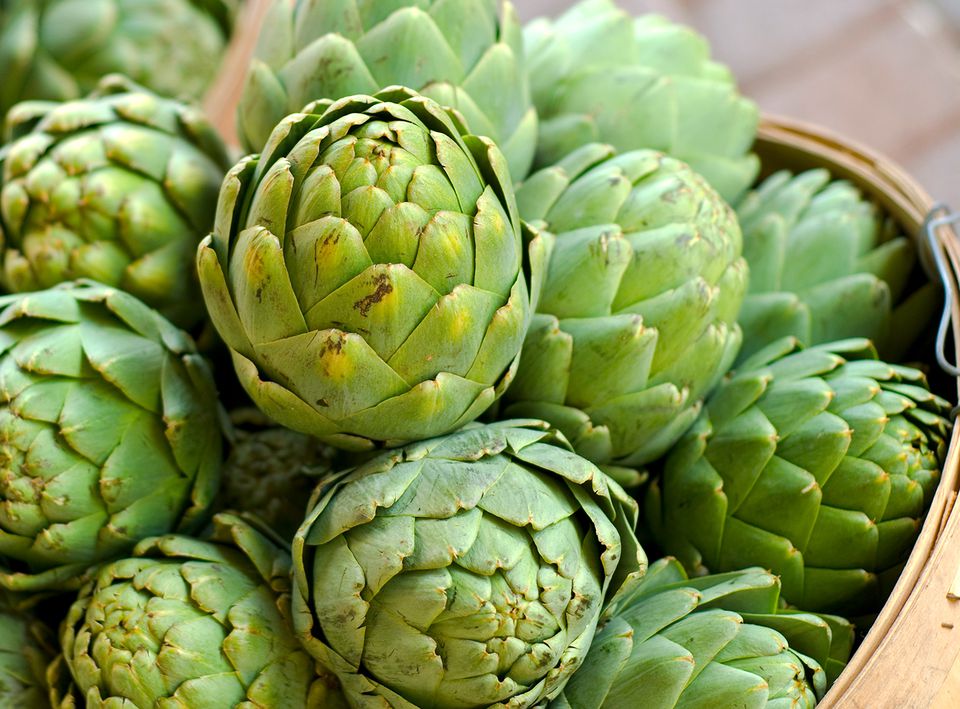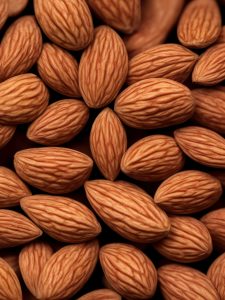Artichoke (Cynara scolymus) is a plant native to the Mediterranean region. It draws attention because it is exotic and has a flower shape. Its edible parts are rich in substances that promote health such as polyphenols, inulin, fibers and minerals
In addition to being part of several recipes, artichoke extract (in tablets) is widely used as a supplement and provides the same benefits as fresh food
1. Reduces cholesterol
Studies show that artichoke extract lowers blood cholesterol levels. This is due to the flavonoids (antioxidants) which are the molecules that give the purple color of the artichoke and inhibit this health problem. In addition, the artichoke contains cinnamon, a substance that contributes to the breakdown of fats and fights cholesterol. Another ally against this health problem is inulin, which attracts fat molecules and helps to eliminate them through feces
2. Improves liver health
The consumption of artichoke extract can protect the liver from some damage and increase the production of bile, which helps to remove harmful toxins from the organ. A study of people who had liver disease showed that daily consumption of 600 mg of artichoke extract for two months improved liver function. Researchers believe that those responsible for this benefit are the antioxidants present in artichokes
3. It is good for digestion
Daily consumption of artichoke leaf extract can improve digestion. This is what a study of 247 people who suffered from indigestion says, that is, discomfort right after eating. After consuming the artichoke leaf extract daily for six weeks these people had a reduction in symptoms, such as flatulence. This is because of the cinarin, which is a compound of artichokes and accelerates the movement of the intestine and improves the digestion of fats. In addition, due to the presence of tannins, the consumption of food can combat food poisoning. And because of the inulin consuming artichoke helps to protect the intestinal flora
4. Decreases blood glucose
The artichoke has a low glycemic index in addition to being rich in fiber, which favors the reduction of blood glucose as long as the diet is well balanced. This is also due to inulin, which is a plant fiber that regulates intestinal function. Fiber helps both in preventing and controlling diabetes by reducing glucose absorption. Artichoke extract is known to slow the activity of alpha-glucosidase, an enzyme that breaks down starch into glucose, which affects blood sugar
5. Decreases blood pressure
Artichokes contain potassium, a mineral that acts opposite to sodium in blood pressure: its regular consumption helps to dilate blood vessels, which helps to reduce high blood pressure by providing more space for circulating blood. In addition, oxidative stress is a condition present in some diseases, such as high blood pressure. Due to the antioxidant and free radical scavenging power of this plant, there is a potential effect in helping with this problem.
How to cook artichokes

The cooked form improves the absorption of the bioactive compounds in the food. But generally, the most common form of consumption of the artichoke is as an extract. Leaves can also be consumed or in the form of infusion (teas).
The recommended average daily dose is 6 mg. In the case of dry extract, the recommendation is 500 mg.
If you choose tea, prepare the infusion from 30 g per liter for 15 minutes and consume before meals. In addition, artichokes can be steamed, grilled and roasted. It is also possible to prepare them stuffed or breaded. Another form of consumption is in salads, in appetizers like canapés, in risottos and as an ingredient in pasta.
 It can be served as an accompaniment to meat, fish or chicken. Despite being uncommon, in some parts of the world it is consumed as dessert ingredients. When buying, choose those whose leaves are open and the color is not brown.
It can be served as an accompaniment to meat, fish or chicken. Despite being uncommon, in some parts of the world it is consumed as dessert ingredients. When buying, choose those whose leaves are open and the color is not brown.
The ideal vegetable needs to have a vivid color in a purplish tone and with the entire leaves. Avoid those that have withered stems, with bruised areas
im





